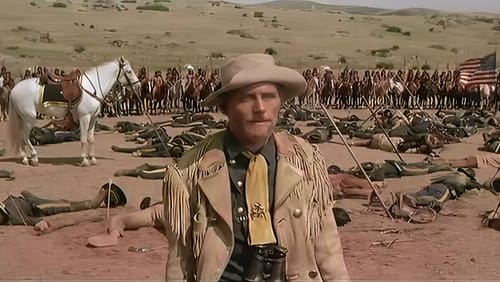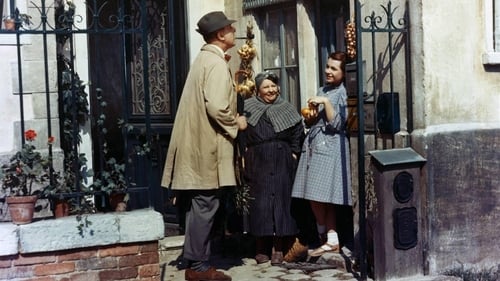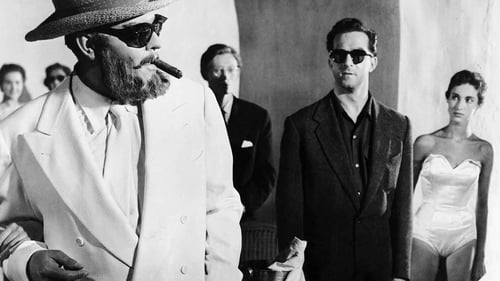Louis Dolivet
Birth : 1908-03-26, Újradna, Beszterce-Naszód, Austria-Hungary [now Șanț, Bistrița-Năsăud, Romania]
Death : 1989-08-12
History
Louis Dolivet born as Ludovici Udeanu (March 26, 1908 – August 1989) was an émigré writer, editor of Free World, film producer, and alleged Soviet spy born in Austria-Hungary, who later obtained French citizenship. From 1942 to 1949, he was married to Academy Award and Tony Award winning actress Beatrice Whitney Straight, of the prominent American Whitney family.
Ludovic Brecher was born on March 26, 1908 in the Austro-Hungarian village of Újradna, Beszterce-Naszód County, now Șanț, Bistrița-Năsăud County, Romania. He became known as Louis Dolivet upon arriving in New York on January 6, 1939. Dolivet claimed to have fought for the French Air Force against the Nazis, before escaping to Manhattan sometime either just before or after the Fall of France in June 1940. The Pittsburgh Press reported that Dolivet, "on crutches because of a leg injury received shortly after France capitulated," spoke to a local gathering of the Foreign Policy Association in May 1941, where "the former French air gunner painted a sorrowful picture of conditions in occupied France." On the same occasion, Dolivet described injuring himself not in battle, but rather in a shipboard fall en route from Europe.
During its existence from 1941 until 1946, Dolivet was the editor of Free World, a monthly magazine of the International Free World Association, published by Free World, Inc. in New York City. Free World was militantly anti-Fascist, articulating the perspective of left-liberal Popular Front intellectuals and international political figures who supported the Allies in World War II and championed the creation of the United Nations as a successor to the failed post-World War I League of Nations.
Following the final issue of Free World in December 1946, Dolivet launched a new magazine called United Nations World, its first issue appearing in February 1947, which he eventually abandoned in 1950, having returned to France in 1949, and subsequently being banned from reentering the United States upon suspicion of having ties to Communism. United Nations World lasted under different editorship until 1953.
Dolivet and his wife, an actress, frequently had Orson Welles and his wife Rita Hayworth over as guests when they lived at Dorothy Whitney Straight Elmhirst's Old Westbury, Long Island estate. Dolivet was said to have mentored Welles politically, and the two men developed a close friendship that began in the early 1940s. Dolivet and Welles collaborated on several projects, most notably the 1955 six-episode British television series Around the World with Orson Welles, and the film Mr. Arkadin, released that same year in Spain. A dispute over the making of Mr. Arkadin led to a falling-out between Welles and Dolivet. ...
Source: Article "Louis Dolivet" from Wikipedia in English, licensed under CC-BY-SA 3.0.



